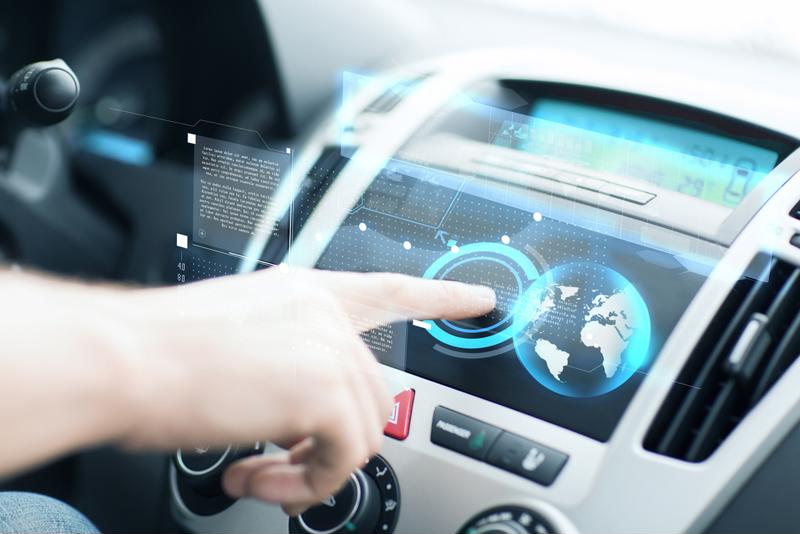

Four vehicle manufacturers - Tesla, Volvo, Audi and Mercedes - have fulfilled their commitment to install automatic braking systems on all of their new vehicles, three years ahead of schedule, according to Insurance Journal. The commitment is a voluntary pact between auto manufacturers, the National Highway Traffic Safety Administration (NHTSA) and the Insurance Institute for Highway Safety (IIHS) to have automatic emergency braking (AEB) on all new vehicles by September 1, 2022. Twenty automakers have taken this pledge, and 12 manufacturers have equipped more than 75% of their new vehicles with the AEB systems.
High-tech
The four vehicle manufacturers that have already fulfilled their pledge have all put a large amount of focus on technology for their brands. The most obvious of these is Tesla; Elon Musk's electric vehicle startup has attracted both a brand loyal customer base and a fair amount of notoriety. With it's various Tesla car models, in addition to their advancements in autonomous technology in cars, the company is a leading innovator in the automotive industry, making their fast adoption of automatic braking technology unsurprising.
Audi and Mercedes, following in Tesla's footsteps, are focused on creating high-end cars loaded with convenient technology. As Tesla's takeover of the electric and technological automotive fields was less complete than Musk and his fans would have hoped, the two companies are frequently seen as a competitor to the South African entrepreneur's ambitions. The gap between Tesla and its competitors is narrowing in recent years thanks to the increased adoption of advanced technologies in vehicle designs, making both Audi's and Mercedes' use of automatic braking an obvious move.
Yet perhaps most intriguing of all is Volvo. The company has gained a surprising foothold in the automotive technology sphere, with focus being put on developing their electric car lineup, Business Insider reports. The Swedish car maker is also quietly developing their own autonomous driving software for use in their vehicles. Supplementing their current efforts is a partnership with Uber to spearhead the ridesharing company's driverless car initiative; Volvo is pouring a large amount of resources into researching artificial intelligence just for this purpose. The company is clearly eager to grab a chunk of the automotive technology field, and the use of automatic braking was likely a no-brainer for them.

Safe and sound
Automatic emergency braking is facing very little pushback. Early signs show that the goal is likely to be met by the end date, according to the NHTSA. For automotive manufacturers, the benefits are obvious; the sooner they adopt emergency braking, the longer these companies get to have a market advantage. Drivers love the idea of a high-tech vehicle, and companies like Audi or Tesla that can market their "revolutionary" automatic braking systems have a temporary advantage when it comes to securing their place in this emerging market.
And beyond the branding benefits the technology brings, automatic braking makes the roads safer. In a 2018 study, the IIHS found that front-to-rear crashes (the most common type of automotive accident) dropped 43%on vehicles equipped with automatic braking systems, according to information shared with and published by Consumer Reports. Injuries in these crashes fell 64% as well. That being said, some of the systems leave a lot to be desired; according to the NHSTA, companies like Mitsubishi, Porsche, General Motors, Kia and Ford are lagging behind both in terms of pace and quality of the technology.
While the increasing adoption of AEB systems is a welcome development, the technology is not perfect, and human error can never truly be 100% accounted for. Even the most attentive drivers can only do so much if the brakes themselves aren't up to the challenge. Contact Greening Associates for a complimentary consultation to ensure they're in good working order and stay that way.